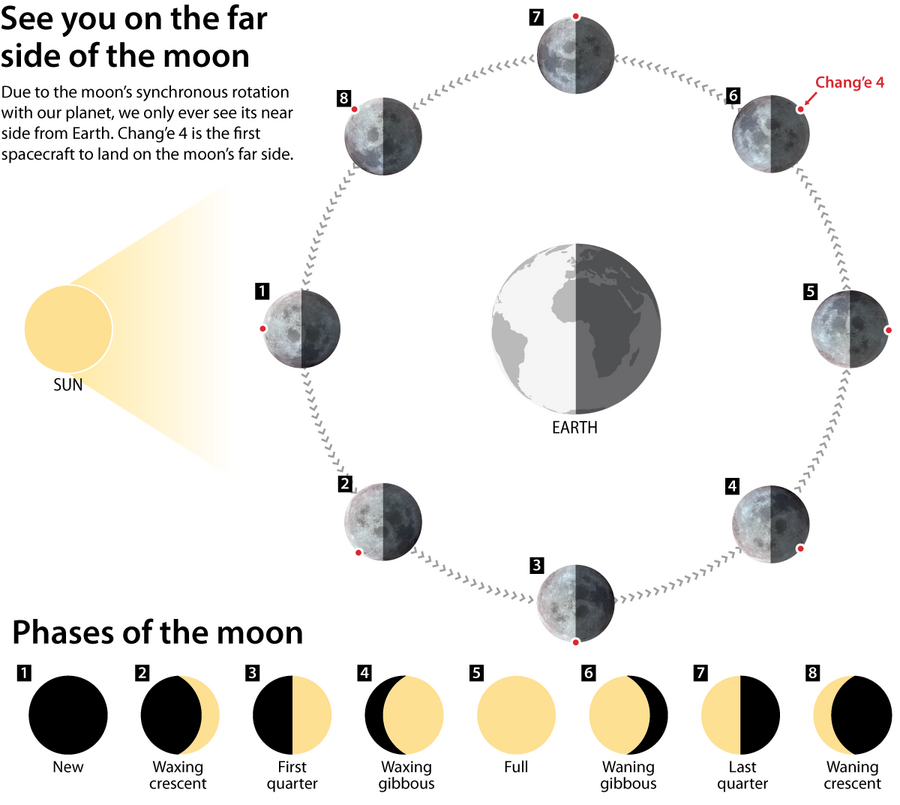For Beijing, today's historic lunar landing is as much about cementing global-power status on Earth as it is a foray into the cosmos.
Monitor Daily Podcast
- Follow us:
- Apple Podcasts
- Spotify
- RSS Feed
- Download
 Noelle Swan
Noelle Swan
While New Year’s Eve revelers on the US East Coast were counting down to midnight, scientists and engineers at Johns Hopkins Applied Physics Laboratory were holding their breath. Almost exactly 13 years after leaving Earth on Jan. 19, 2006, the New Horizons spacecraft was set to rendezvous with the most distant object ever explored: Ultima Thule, a bizarre object spinning through the outer reaches of the solar system.
It was hours before the mission team received confirmation that the craft had accomplished its latest task. The message had to travel 4.1 billion miles, after all. Even at the speed of light it took six hours for the transmission to arrive on Earth. And with it came the most detailed glimpse yet of Ultima Thule, which is believed to be a conglomeration of two bodies that collided shortly after the formation of the solar system.
As additional data stream in over the coming weeks and months, scientists hope to glean unprecedented insight into the formation of planets.
Mission scientist Brian May, who earned early fame as the lead guitarist of the rock band Queen, marked the occasion with an original song. In his words: “Limitless wonders in a never-ending sky. We may never, never reach them. That's why we have to try.”
Now, onto our five stories for today, exploring another first for space exploration that hits a bit closer to home, an innovative solution to the US recycling conundrum, and the rise of the chicken as a marker for modern times.











